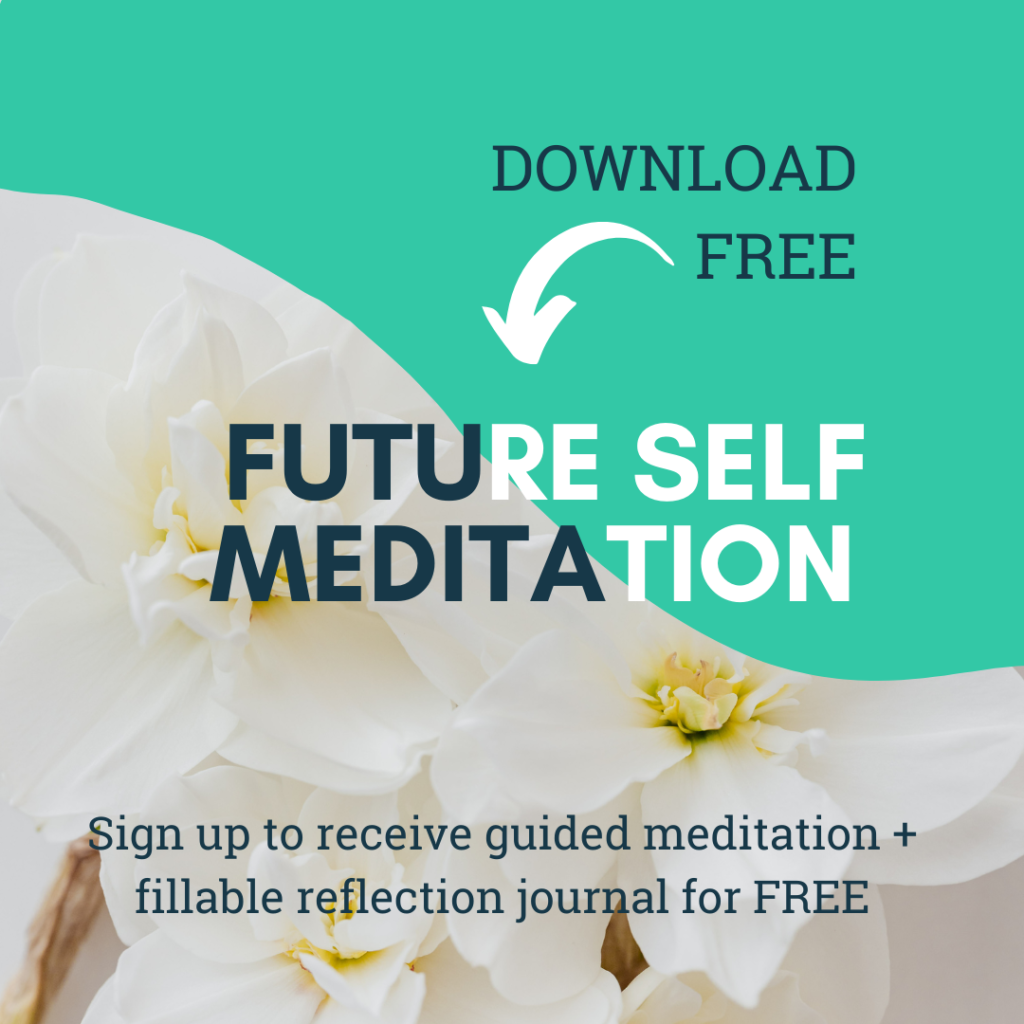Let’s talk about that time structural and systemic racism went viral.
There’s a lot of viruses rearing their heads in 2020.
The crazy part about this? We thought the shelter-in was about dealing with one virus, and the gift is that it has us dealing with an even larger and more deadly concern. When we were first told we were going to have to shelter in place I was empowered by the idea of what could be possible once we had removed all distractions from work and everyday life. Not having to commute to and fro, removing the drama of a packed A train, or the insignificance of waiting in line at the coffee shop, the triviality of going to happy hour and trying to split the check with friends. No more worrying about being late for a meeting, or picking the kids up from school.
The Gifts of the Shelter-in
The shelter-in gave us this gift, not just of time saved in making our work, school and socializing take place all in one space, but also an abundance of time to be still. And in that stillness rests opportunity for so much reflection. So many people began to reflect on things that they otherwise didn’t have time for. People started questioning whether their job was meaningful or not. We started questioning whether or not our public education system was actually living up to our expectations. (Spoiler alert, it’s not). People began to question how the leader of the so-called “free world” could be so crippled in its ability to meet the healthcare needs of its population. We started to question what was really going on with affordable housing, homelessness and a living wage, and who we value in our society. Who is essential? I mean, really?
 One by one we saw as all of the cracks and fractures that have always existed in our system begin to get more and more exposed. And those fractures seemed to grow right before our eyes as time slowed down for all of us, and our eyes widened at the disparities that we found surrounding us. That slow down and eye opening was/is thanks to the COVID-19. Thanks to a virus.
One by one we saw as all of the cracks and fractures that have always existed in our system begin to get more and more exposed. And those fractures seemed to grow right before our eyes as time slowed down for all of us, and our eyes widened at the disparities that we found surrounding us. That slow down and eye opening was/is thanks to the COVID-19. Thanks to a virus.
And even as people started to speak about the economy reopening and we have to get back to “normal,” I know I held onto a fear of returning back to a way of life that simply wasn’t working for most people anyway. Were we really so eager to return to the failures we had become used to, without even acknowledging the opportunity to create something better than “normal?” An opportunity to create a world that was truly extraordinary?
The “Underlying Conditions” of the American systems
And then as the data started to come crawling in, we started to see that this virus was impacting the most vulnerable of us. One by one, people started to call out and recognize Black people in America dying at disproportionate rates from this disease. I watched as media pundits began speaking to the “underlying conditions.” They pointed to things like hypertension, and instances of diabetes, and lack of adequate health care. And yet, in all of these “underlying conditions” I didn’t hear one word about structural racism. That maybe the “underlying condition” that was killing Black people wasn’t just access to a doctor but was a system that had always been stacked against them so that in the moment of a crisis they were the most, and are still the most, vulnerable.
Maybe the “underlying condition” that was killing Black people wasn’t just access to a doctor but was a system that had always been stacked against them.
The days stretched on and the weeks stretched on. But the country did not reopen and instead, Ahmad Aubery. And instead, Breonna Taylor. Amy Cooper. And then, George Floyd. It’s hard to not see poetry in the current moment. It’s difficult not to draw the parallels between the threat racism has perpetrated on Black bodies to a global biological threat that people couldn’t see (yet its impact was felt everywhere). People said the virus didn’t exist. They said additional protection wasn’t necessary, that it was overrated.
But when we talk about the virus and the conditions that make people most vulnerable in the United States, I think we should start calling out the deadly virus by name. It’s called racism. And now, for once in a long time, it seems like people are interested in talking about those underlying conditions. While Black people have been screaming for centuries, today in 2020, somehow people have found the time to listen. More than ever, people are looking to talk about power, and privilege, and white supremacy, and yes, racism. A virus that has plagued this country since its inception.
The Virus that has Plagued this Nation
COVID-19 made us sit at home and take a look at ourselves and our systems. And in the midst of that, we get to now wrestle with how racism has plagued this nation. Plagued Black people. Not just in the last few months of the shelter-in-place, but for hundreds of years.
 Funny thing about viruses. They start as one thing and then adapt and shift and evolve. A virus is only concerned with its own survival. That’s why the flu vaccine changes each year. The solutions must adapt to the current manifestations. A virus changes and becomes almost unpredictable in the impact that it has to our well-being. We must stay vigilant. The conversation is never ending.
Funny thing about viruses. They start as one thing and then adapt and shift and evolve. A virus is only concerned with its own survival. That’s why the flu vaccine changes each year. The solutions must adapt to the current manifestations. A virus changes and becomes almost unpredictable in the impact that it has to our well-being. We must stay vigilant. The conversation is never ending.
Slavery one day, becomes segregation, becomes Jim Crow laws, becomes mass incarceration and “law and order” politics. And every time we think we have a cure, and that we “fixed it,” it springs up in another place by another name. But one thing is certain: if you don’t treat the virus it continues to spread and get smarter, and become more and more deadly.
What kind of Solutions can we Create?
And while scientists around the globe are rushing to find a vaccine for COVID-19, and we all wait with bated breath, out in the streets we can hear the protesters calling “I can’t breathe” and suddenly all of us are held in the grip of a much more deadly threat. A much more urgent need. And as much as we would all like to think that the world is going to go back to normal, I think instead, we have an opportunity to create a country that could truly be extraordinary.
A country that could be free of its most long-standing ailment. It may take a virologist and a team of scientists across the globe 18 months to come up with a patch for COVID-19 but what would be possible if all of us in our abundance of time and reflection, and a rapt attention on racism, what kind of solutions could we create in that same period of time?
And the good news? We got plenty of time to have those conversations. Because, most of us aren’t going anywhere. Not for a while.










Thank you for writing this beautiful piece. You are awesome, and I hope you are right, that we take the time we have been given to focus on things that really matter, to make changes and find solutions for physical and social viruses. Thanks for the work you are doing to rise the tide for all, especially those who have too long been under-served, under-supported, and under-represented. I’m seeking ways to be part of this conversation and an active participant in creating change – to create together the extraordinary world we want to live in – one with our structural barriers to equality. One where we can all rise together in a higher tide.
Thanks Nicole. It is my hope that more people will take up the charge and the opportunity so we all can have a world that is better than “normal”